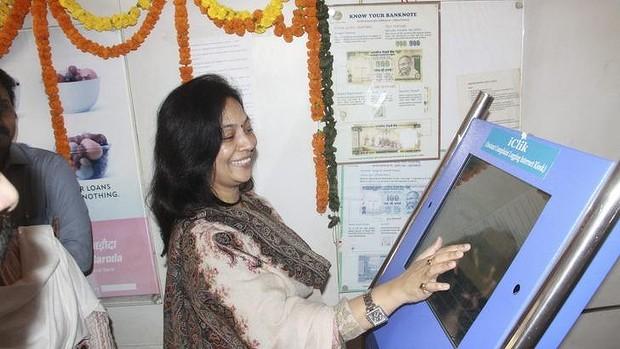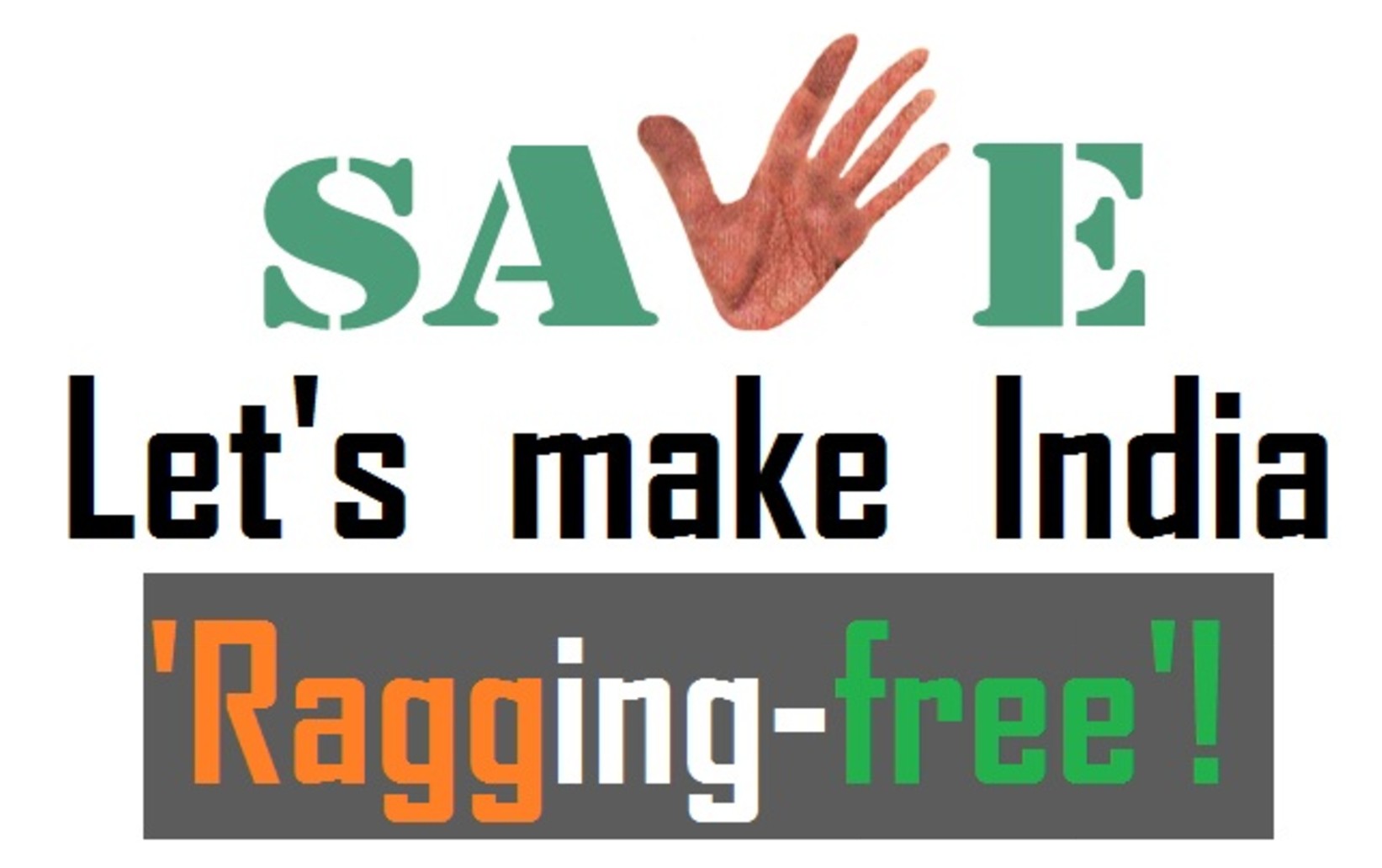Reporting a Rape With the Efficiency of Depositing Cash Into an ATM

Problem
Ironically, women fear going to the predominantly male police force to report abuse because they might endure additional sexual harassment from their purported heroes. Without a conscious chain of custody of their actions, criminals are escaping scot-free.
“The fact that women are put off from going to a police station to file a complaint masks the real scale of the problem of violence. We don’t have the real figures…” explains Mamta Sharma, a chair of the National Commission for Women in the New Delhi branch. Admittedly, many Indian high-profile rape cases have attracted international headlines and tourism to India has dropped by 25 percent.
Sadly, rape has traversed from being a hushed cultural taboo to an unnerving cultural norm in Indian society. Sexual mistreatment has dehumanized already-disadvantaged women even further and is tainting the all-around perception of Indian culture and values.
Solution
To eradicate this predisposed negative mindset of going to the cops, Joydeep Nayak, a cop himself, invented an electronic kiosk to privately log police reports in public. It looks like an ATM machine, christened the “Instant Complaint Logging Internet Kiosk” and abbreviated as the “iClik”.
Nayak supports his invention by claiming, “Indian women think twice before going to a police station without a chaperone and this is wrong. It means they cannot exercise their basic human right.” This idea is going to come to fruition within six months after its success has been tested. A version has already been set up in a bank in Bhubaneswar.
It is a conduit for women to report rapes almost anonymously and independently without fear of retribution from their assailants. Nayak has already computed all the logistics, enhancing its electronic versatility so users can issue their complaints via audio recordings, typing, or scanning paper. The iClik device functions like a mediator, fax machine, and ATM combined, sending the files to the local police station and ejecting a receipt for women to track the progress of her complaint.
The iClik is working, with an average of eight to ten women taking advantage of the machine every day. Nayak envisions the iClik being a staple with public works. He says, “My dream is to have a kiosk alongside existing ATMs, in schools, railway stations and bus stations, all over the country- so that women can walk in, complain and leave without any escort or hassles.”
Conclusion
India has a reputation for being a dangerous environment for women. From gender-based feticide to rape cases, women’s oppression is multiplying tenfold. A ‘creative’ range of crimes are committed against women like abduction, violent dowry demands, molestation, human trafficking and prostitution, domestic servitude, eve teasing, acid throwing, and familial torture.The misconceptions related to “victim-blaming”, hyperactive female imaginations, and dismissal of male behavior are allowing this inappropriate conduct.
However, many grassroots campaigns, commonwealth organizations, philanthropic activists, feminists, and the like are trying to reverse the standards that suffocate Indian society. This is one such effort to make the aftermath of a devastating situation a little simpler for survivors.
Tell us what you think in our poll!
[poll id=”7″] [Image Attribute: Twitter User: @igeldard]



